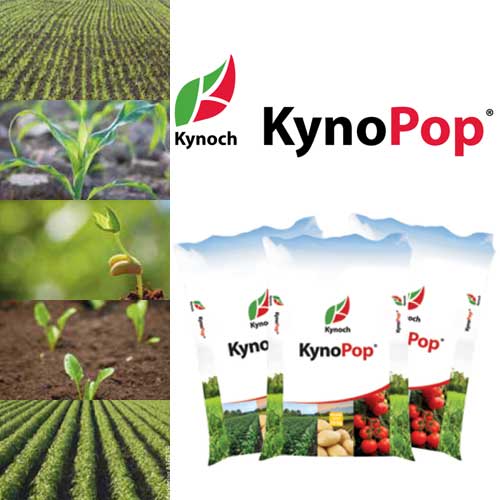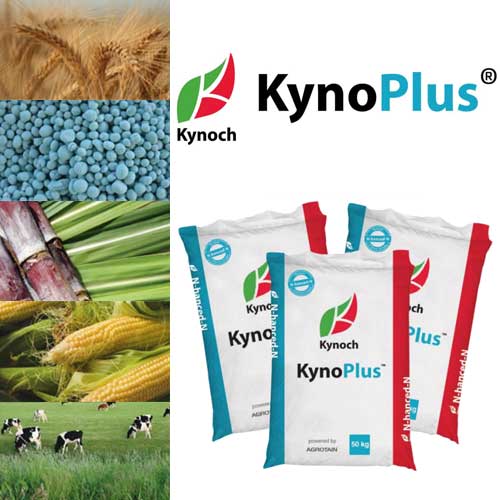
Should You Apply a Foliar or Soil Fertilizer?
28/07/2022
Ways to boost plant growth
20/03/2023How to Ensure Your Plants Have Enough Essential Micronutrients
Most school biology students will know the importance of nitrogen (N), phosphorus (P), and potassium (K) for healthy plant growth. However, a more in-depth study reveals that these are just three of many elements playing an essential role in overall plant welfare. Whilst these constitute the main requirement, relatively large quantities of calcium, magnesium, and sulphur are equally necessary. Although plants only need minute traces of micronutrients, these are no less crucial to ensure growing crops thrive.
The seven essential micronutrients for plant growth are:
– Boron (B) – essential for cell wall development and sugar metabolism
– Chlorine (Cl) – important for photosynthesis and water balance
– Copper (Cu) – crucial for enzyme activity and chlorophyll production
– Iron (Fe) – vital for photosynthesis, respiration, and nitrogen fixation
– Manganese (Mn) – necessary for enzyme activity and plant defence
– Molybdenum (Mo) – essential for nitrogen fixation and plant growth
– Zinc (Zn) – important for plant growth regulation and protein synthesis
Even the nutrients in well-fertilised soil can become severely depleted by the end of the growing season. At the same time, some ground may display various mineral deficiencies even before cultivation. In the past, a farmer would have dug in a mix of farmyard manure and vegetable compost and hoped for the best. Whilst this is a long-standing traditional approach, it fails to produce the high yields necessary today. Instead, modern intensive farming relies on precisely formulated mixtures of primary, secondary, and essential micronutrients.
A fertiliser with an appropriate NPK ratio is a fundamental requirement for all plants. However, it can be dangerous to overlook the need for traces of boron, chlorides, copper, manganese, molybdenum, iron, and zinc. For example, copper plays a crucial role in enzyme and chlorophyll activity and promotes seed formation. Iron acts as an activator for photosynthesis, respiration, and nitrogen fixation and is required for chlorophyll production. Factors such as excessive damp, cold, high pH, and heavy rainfall can quickly deplete the small traces of these and other natural micronutrients in the soil.
How to Know Which Elements Need to be Supplemented
Common deficiency symptoms include:
– Yellowing leaves (nitrogen) – conduct a soil analysis to confirm nitrogen deficiency
– Stunted growth (phosphorus) – soil analysis can reveal phosphorus levels and other contributing factors
– Distorted leaves (copper) – accurate soil analysis is crucial to determine copper and other micronutrient concentrations
To determine which elements need supplementation, conduct a soil analysis with Kynoch Fertilizer’s expert testing services. Kynoch Fertilizer offers:
– Soil analysis to measure nutrient levels and identify deficiencies
– Leaf analysis to assess plant nutrient uptake and utilisation
– NVDI (Normalised Difference Vegetation Index) precision services using KynoPrecise software for advanced crop monitoring and management
With accurate test results, Kynoch Fertilizer can create a tailored fertiliser blend to restore the nutrient balance. Kynoch also offers personalised solutions and a range of granular and liquid fertilisers containing selected micronutrients in various proportions.
In addition to providing personalised solutions, Kynoch Fertilizer offers a wide range of granular and liquid fertilisers containing selected micronutrients in various proportions. You are welcome to click here for more details about these and other world-class Kynoch Fertilizer products.






.png?v=1594369838025?v=1594369838026)